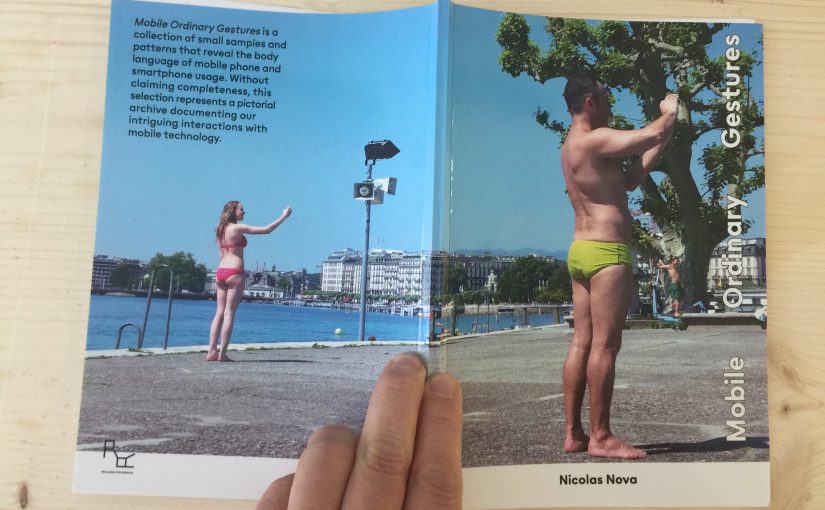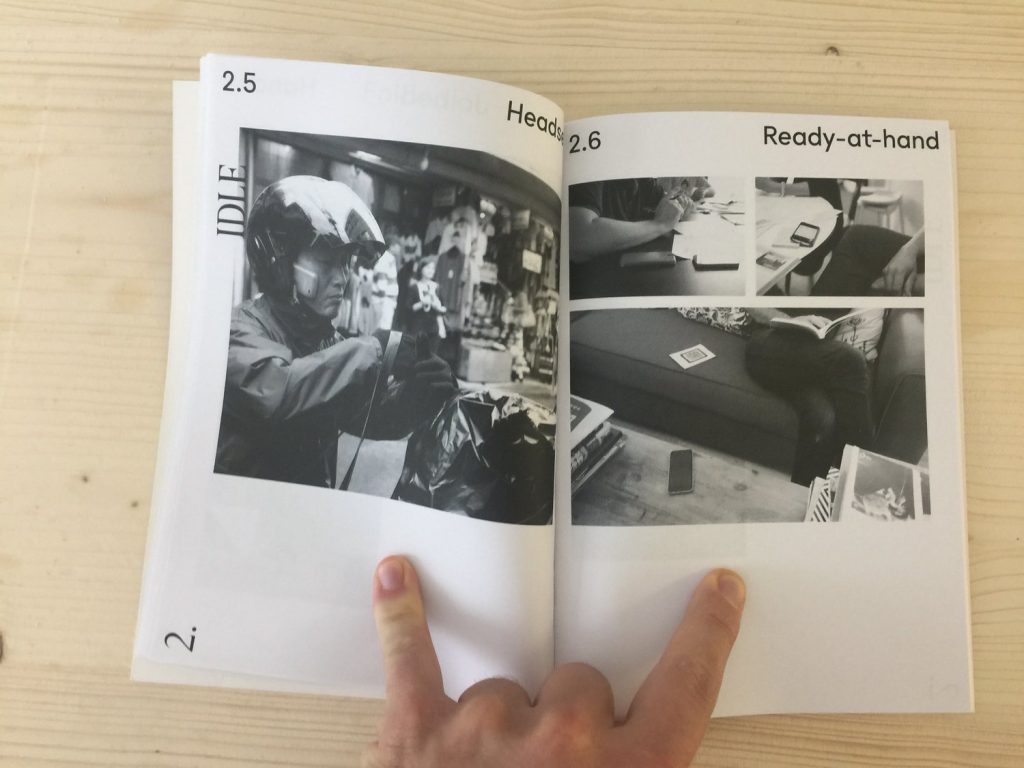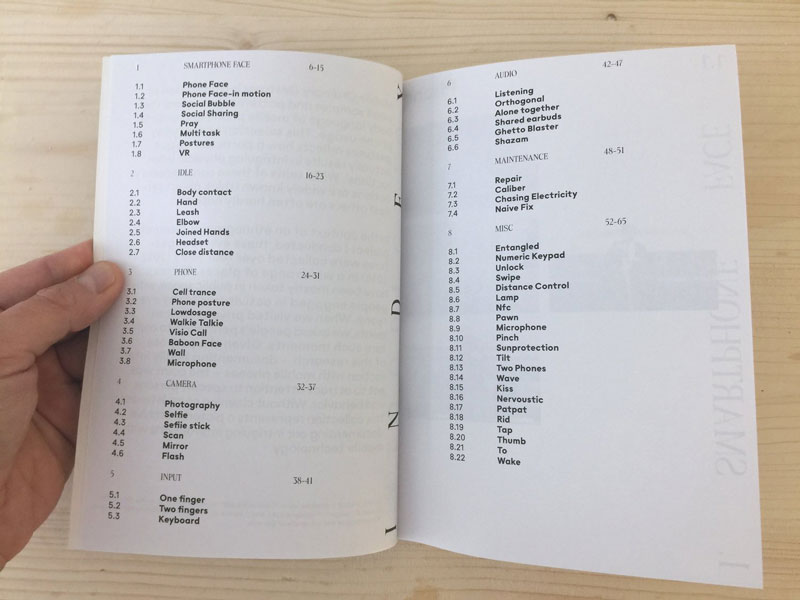Found in an interview of Hugh Raffles about his recent work. He starts off with its anxiety towards theoretical branding and moves to his own ethnographic practice:
“I'm always wary of branding and work pretty hard to not be brandable, quotable, transposable, or in any way modular. I want to encourage people to think about questions in expansive and maybe subtle ways. Taking a key word and inserting it as a stand-in for something often means not having to think through a question or phenomenon more carefully. I guess I’m especially worried about what the impulse to branding--and the rewards for branding--do to graduate students. People start to think there's a currency to a particular type of work and they start referencing it because they think it's a shorthand way to demonstrate a fluency and an up-to-dateness. (…) These types of trends tend to have a limited shelf life too, so right now everyone feels they have to jump into this swimming-pool or else they’ll be missing the fun. But I worry about the students who are enjoying splashing around right now and can’t get a job in 5-7 years’ time because the fad has passed and we’re all doing Inter-Galactic Inorganic Ethnography (that’s IGIE). It may not sound like it but this is actually friendly criticism from a fellow traveler who is excited to see the range of work expanding but just concerned by the emergence of new orthodoxies. I worry that the fashionable is a poor sign under which to do intellectual work. (…) It’s important to not be preoccupied with making mistakes and to be willing to take intellectual risks. It’s also important not to feel that you have to declare some theoretical allegiance or belong to a movement. Of course, you can and should build upon prior intellectual work without being trapped in it and it’s important to have a strong genealogical sense of your own and others work. Obviously, though, these questions are different for students and faculty. There are different institutional contexts and constraints at play. Students have to be very savvy about navigating the discipline while retaining their intellectual independence, particularly in such a tight and shifting market. I’m certainly not utopian about it but I’d like us to be better at creating environments in which people can take risks. The graduate education structure of grant-giving, dissertation-writing, etc., tends to enforce a defensive mode of scholarship, and faculty, too, are rarely given the breathing-space and opportunity to explore radically new directions in their work (…) I’m guessing my project will turn out to be more ethnographic than much of the recent work and less concerned to explicitly generate ‘theory"‘“
Why do I blog this? Some interesting thoughts here about “the discipline” and how to make it… more “spontaneous” perhaps and less tied to labels and theoretical labels, while at the same time focusing on descriptions.



